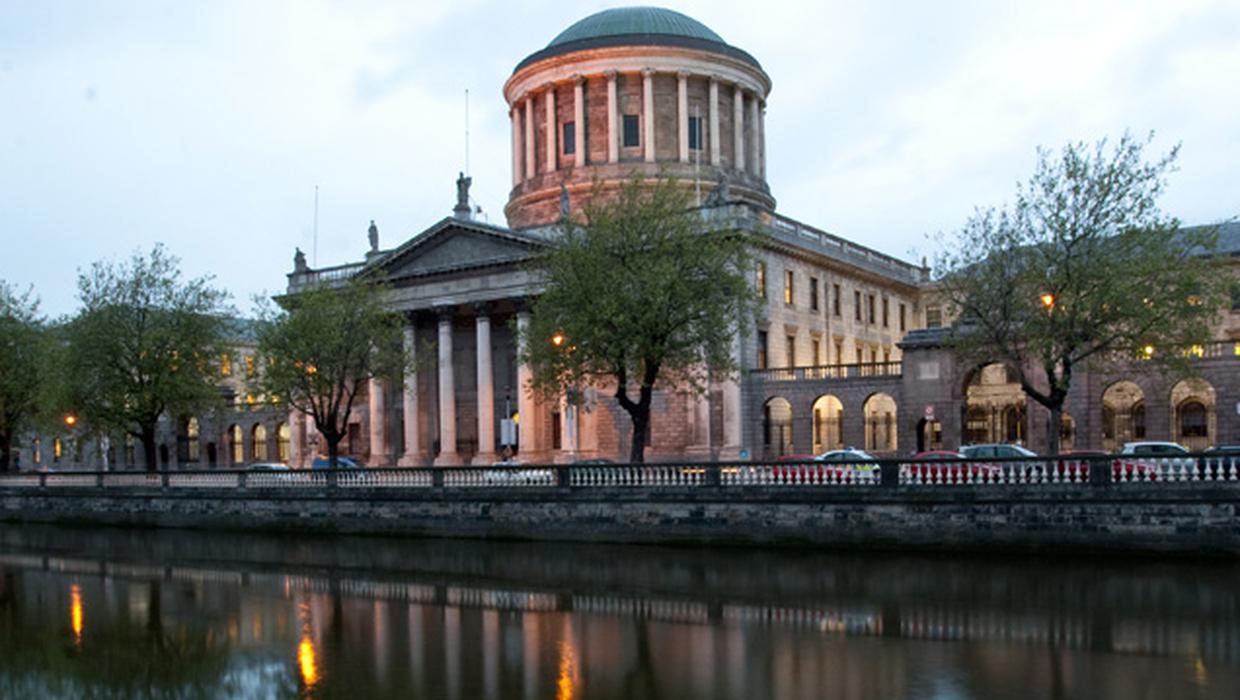Virgin Media, one of the country’s largest TV and internet service providers, is breaking regulations over how it allows customers to cancel their service so they can switch to another provider, claimed telecommunications regulator.
Omreg has sued Virgin in the Commercial Court alleging failure to comply with universal service regulations because Virgin’s process for allowing a customer to switch provider has a chilling effect.
Comreg says Virgin’s imposition on customers of a 30-day notice period before they can change, outside of the minimum contract period, acts as a disincentive to change because it “effectively makes consumers pay for the change”. This is likely to have a “chilling effect” on change, he says.
In September last year, Comreg issued a notice of non-compliance to Virgin stating that despite requiring customers to give one month’s written notice of cancellation, this clause of the customer contract is silent. on the procedure and conditions for doing so.
For example, no information is provided to the customer as to where the written email or termination letter should be sent or what information should be sent, Comreg said.
Therefore, he said, there was only one way for customers to be told they could cancel – by calling Virgin’s 1908 number. 95% of customers cancel by phone, but of the 5% who cancel by other means, Virgin always tries to call the customer.
Virgin said there were a number of reasons for this, including GDPR reasons. Comreg said Virgin did not cite any particular provision to justify this GDPR claim.
Comreg said Virgin appears to believe that “when some customers call to cancel, they are tactical and looking for a better deal”. Therefore, Virgin considers it part of “consumer welfare” to seek to deter such customers.
This approach is at odds with the practice Comreg expects to apply in such scenarios, as required by regulation, the regulator said.
Virgin also said the 30-day notice period for cancellation was standard practice and recognized as legitimate. Comreg said the claim contradicts regulations that state the customer cannot be charged for the change.
In its findings, Comreg said Virgin’s practices, individually and cumulatively, act as a deterrent to change and impact consumer behavior.
He noted that 155,672 out of some 194,784 Virgin customers did not cancel on the first call. Another 7,602 canceled on a second call. In total, 76% were dissuaded from changing.
Following Virgin’s failure to remedy the non-compliance, Comreg commenced proceedings in the High Court seeking injunctions to that effect.
The case was admitted to the court’s fast-track trade list on Monday, on consent between the parties, by Judge Denis McDonald, who approved an agreed list of guidelines for moving the case forward.
In the meantime, a separate action by Comreg against Meteor Mobile Communications Ltd, trading as Eir Mobile, for non-compliance with universal service obligations was not admitted in the Commercial Court because the judge qualified delay and lack of celerity in the introduction of the procedure. They will now go through the normal High Court list.
Comreg claims that Eir Mobile violates regulations by failing to ensure that its customers’ contracts specify, in a clear, complete and easily accessible form, the details of prices and charges for out-of-bundle mobile data services. It also allegedly failed to provide the means by which up-to-date information on all applicable rates and maintenance charges can be obtained.
#Virgin #Media #breaking #regulations #customers #cancel #regulator #tells #court






